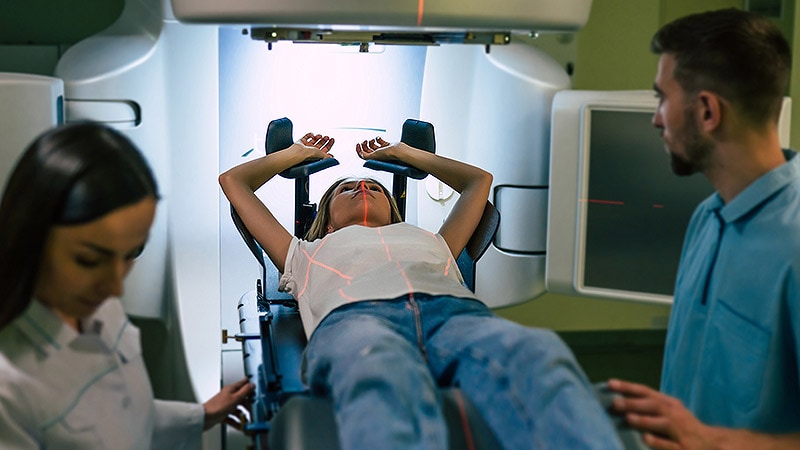Patients with advanced lung cancer often receive complex, costly and inappropriate medications for comorbid conditions, according to research published in the British Journal of Clinical Pharmacology.
The retrospective cohort study examined medication use at hospital admission and discharge during the hospitalisation prior to death for patients who died of primary non-small cell lung cancer (NSCLC) or SCLC.
More than 62% of the 125 UK participants had a Charlson score of 1 or higher. On admission, approximately 73% of patients were receiving a preventative medication. The most common prescribed preventative medication were antihypertensive agents.
Almost 82% were receiving at least 5 medications and the total number of medications increased after each hospital visit. The average number of preventative medications was 1.9 at admission and 1.7 at discharge.
Patient factors (such as age, cancer stage, cancer type, comorbidity and number of days between discharge and death) and hospital factors (such as length of hospital stay and number of hospitalisations) were not associated with the prescribing of preventative medication.
Commenting on the findings, the authors suggest deprescribing interventions directed towards reducing preventative medication use could be implemented at hospital discharge.
“The point of discharging a patient from hospital might be an appropriate place to develop an intervention to reduce - or to start the process of reducing - burdensome preventative medication that is no longer appropriate given a patient’s reduced life expectancy,” they said.



